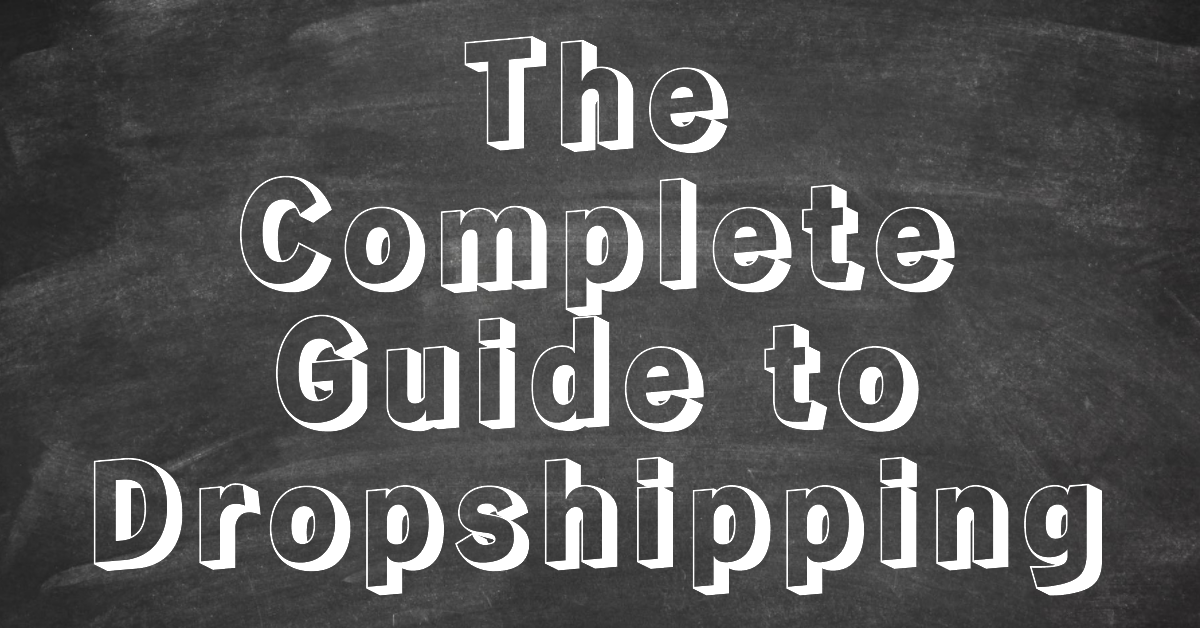If you banked with any of the affected banks, fill this form to get quicker information on ways to better navigate the situation of things.
Last week, Silicon Valley Bank (SVB), Signature bank and Silvergate bank failed after some liquidity speculations led to a bank run. It quickly exposed to most businesses that treasure management and banking relationship is a point of risk for their businesses.
Current Status:
Affected US Banks: FDIC took over the bank last week. Over the weekend, the Treasury Department, the Federal Reserve and FDIC took steps to “fully protect all depositors”. This means all depositors will have access to all their money, even above the FDIC-insured limits (More on this later)
Affected UK bank: Currently, the only affected UK bank is SVB UK. To ensure that “all depositors’ money with SVB UK is safe and secure”, the Bank of England decided to sell the UK arm of the failed SVB to HSBC.
In this article, we will explore how startups can mitigate bank risk exposure in their banking relationships and what steps they can take to protect themselves from future events.
Some Important things to understand about Bank Risk Exposure
1. Confirm whether your bank has deposit insurance:
Most countries have a mechanism for insuring a certain portion of deposits saved in eligible financial institutions. This means, if the bank were to fail or collapse, the FDIC (for the US) or FSCS (for the UK) will guarantee that you will at least get back your money with that bank up to the insured amount. The excess money you have above the insured amount will then be distributed to you in accordance with the receivership and liquidation of assets of the bank.
Also, note that some neo-banks/fintechs do not have deposit-insurance but instead have safeguarding regimes (as they do not lend out your money). Safeguarding means the financial institution keeps customers’ funds in a mix of cash in leading commercial banks and investments in secure liquid assets, primarily government bonds as separate from the money used to run their business.
Most banks will provide this on the page on “deposit insurance” or “how we secure your deposit”. An online search should provide the information. You can also reach out to your bank’s customer support to inquire.
Confirm the ways in which your banking partner safeguards your deposits.
2. Know your Deposit Insurance Limits
The US FDIC insures up to $250,000 of deposits across all accounts you hold within any FDIC-insured banks/banking group (for individual accounts). The UK FSCS insures up to £85,000 of deposits across all accounts you hold within any FSCS-insured banks/banking group.
Other countries have deposit insurance schemes. The French-deposit insurance limit is EUR 100,000 while Nigeria’s deposit insurance limit is NGN 500,000.
3. Diversify your existing accounts across banks and account types – Use the Deposit Insurance Limit to your advantage:
Within any country, the deposit insurance limit applies to your deposit/accounts in a particular bank/banking group. Hence, by spreading your deposit across different eligible banks in the same country, you can increase your deposit coverage.
It is important however to note that it may mean you need to create more financial controls and incur more fees by administering more bank accounts. It may also be wise to take note of the banking processes of the different banks, and probably separate your operational capital and your company savings into separate accounts.
It may also be smart to utilize a mixture of traditional banks and digital banks, as while digital banks can have faster processes, usually traditional banks have more assets (and are hence usually more durable). It is advisable that you have an account in at least one of the big traditional banks.
4. Accessing Deposit Insurance in other jurisdictions:
Another way to extend your deposit insurance coverage is to set up subsidiary entities in another country. For instance, a UK company can set up a US entity and hold some of its deposits in a US bank account which has a higher deposit insurance limit of US$250,000.
Alternatively, US entities can open UK entities to access some additional traditional UK bank accounts.
5. Have a treasury management strategy:
Treasury management helps streamline your business finances by managing cash, investments and other financial assets. For instance, keeping some of your unused capital in treasury bills matching the term in which you need the money. Some analysts have also recommended a mix of 1 checking account, 2 savings accounts and 3 treasury accounts to get a higher deposit-insurance limit.
Also, some treasure management/cash management options offer higher protection. e.g. some cash management options offer up to FDIC insurance for up to US$ 2.5 million in deposits. US treasury bills are insured to $500,000 but it also has the protection of the full credit of the US government.
If you are exposed to any of the affected banks, here are some immediate things to do:
Category 1: Generally, if you have a banking relationship with an affected bank:
- Turn on notifications for emails from your bank, and other important updates about the changing situation
- Estimate how much your company needs in the coming days, and which of these needs can be deferred till things stabilize
- Get alternative bank accounts. Norebase can help you with setting up bank accounts with any of our banking partners. This ensures access to your funds and can continue to operate your business smoothly
- Switch affected accounts from receiving customers’ funds, payroll and API channels. Do an audit of all the places where you used the affected bank account or bank cards. If you used any of the affected banks for receiving payments, making payments or in any of your API integrations, ensure that you change it
- If you have outstanding loans with an affected bank, your liability remains and so plan to continue making scheduled payments. If you have any creditors, we recommend that you reach out to them and explain the situation. Transparency is key, and working together to find a solution can help to mitigate any potential issues.
- If your business model relies on any of the affected banks, do an audit of your exposure, which transactions and contracts may be affected and start researching alternatives.
- If your customers or suppliers relied on an affected bank, identify alternatives and offer them to your customers and suppliers in the near term. It is important to communicate with your users about the expected downtime and find alternatives. Doing this will help to avoid any disruption to your services and maintain trust with your users. Plan for redundancy in the future.
- Communicate the situation of things to your important stakeholders – staff, customers and anyone affected – and share your plan for managing the next few days/weeks while the details of accessing the full funds take effect.
Category 2: Specifically for US customers.
The FDIC has committed to securing every deposit, you can take the immediate next steps:
- Regularly check the FDIC website
- On your outstanding loan facilities, it is expected that the appointed receiver or FDIC will provide information on how, and that these payments will be envisaged in assets to be used to meet outstanding obligations of the affected banks.
- Consider lenders that can provide immediate capital eg.
- Brex has an SVB emergency bridge loan. You can reach out to fasttrackpayroll@brex.com.
- Capchase Emergency Payroll Financing. You can reach miguel@capchase.com
- Nitra Quick Access Credit
- Tranch credit lines
Category 3: Specifically for UK customers.
- Turn on notifications for emails from your bank, and other important updates about the changing situation
- SVB UK has been acquired by HSBC and all depositors are insured. Hence, online banking access should have been restored with payments starting to clear in the coming days.
- On your outstanding loan facilities, it is expected that HSBC has acquired those outstanding liabilities, and that future payments will continue under the new relationship.
Here’s how Norebase can help you:
- Opening an alternative banking account
- Setting up in other jurisdictions to diversify your existing accounts or access other jurisdictions.
Click here to fill this form and we’ll help you get started.



